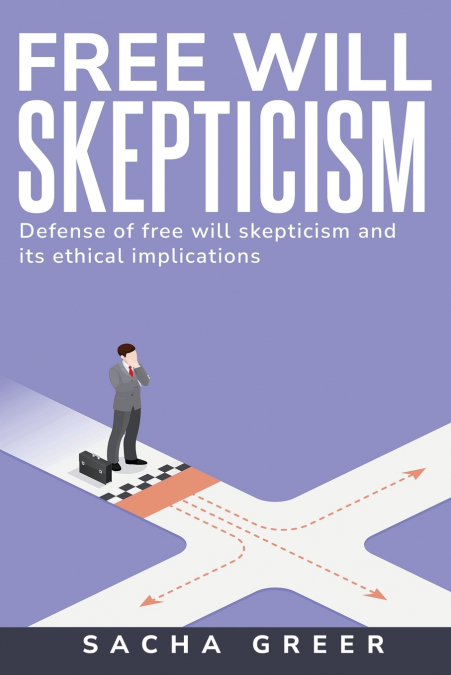
Sacha Greer
Free will skepticism denies that humans possess the type of freedom required for moralresponsibility (FMR). While not the most popular position in scientific, philosophical, ormainstream communities, I contend that this lack of acceptance is due not to flaws inherent inthe position, but to misconceptions concerning its ethical and practical implications. In mydissertation, I endorse free will skepticism, beginning with a refutation of contrary positions,followed by a response to objections, and ending with a defense of social reforms necessitated bythe denial of free will. Ultimately, I support Derk Pereboom’s optimism that a global acceptanceof free will skepticism would result in societies that are more moral, beneficial, and just thanthose which perpetuate the illusion of free will.Because of flaws in the alternative positions, I argue that free will skepticism is the mostfeasible view to hold regarding free will. Libertarianism, which denies causal determinism andpurports that humans possess FMR, is not compatible with our current scientific understandingof the universe. On the other hand, while compatibilism accepts causal determinism, it retainsfree will only by relaxing the requirements for it. I explain why accepting a position contrary toscience, or accepting weakened definitions of freedom, is both untenable and unnecessary.